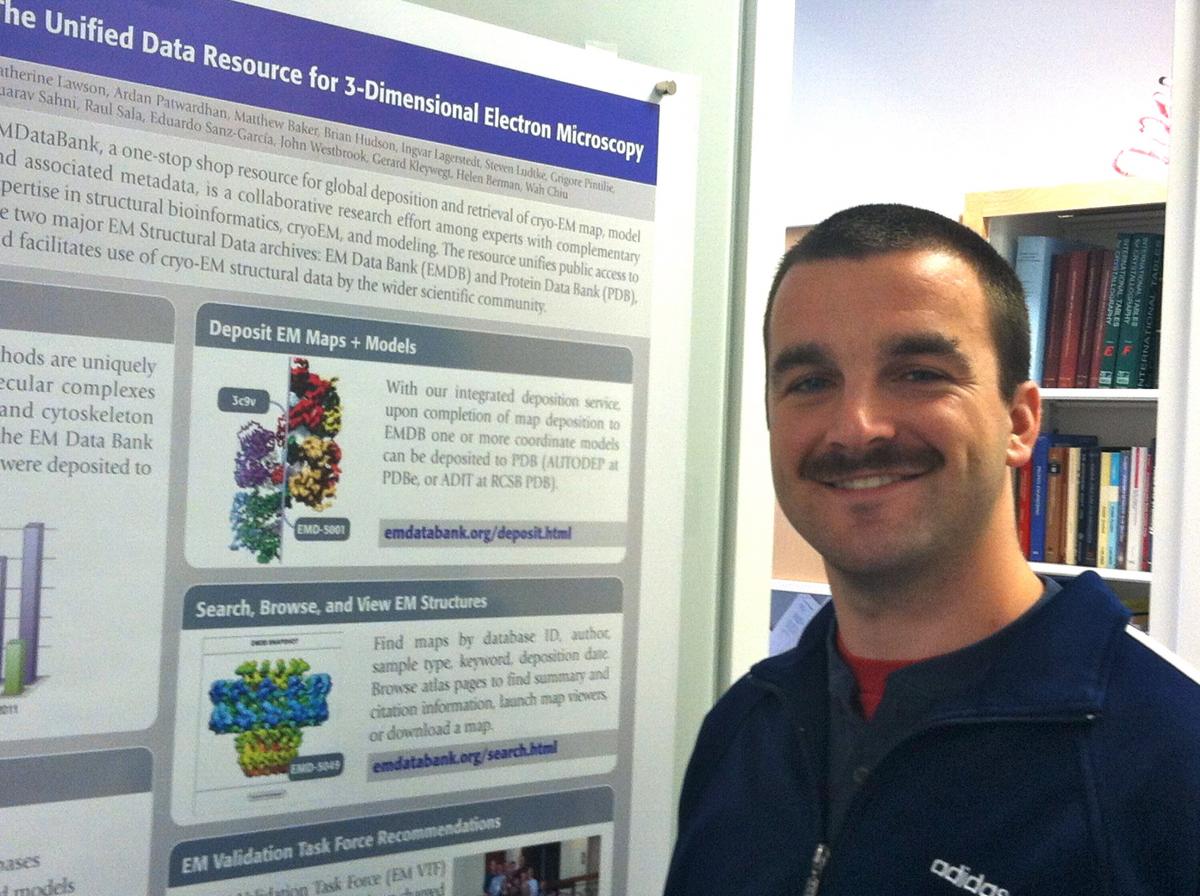QB Program

Graduate study in Quantitative Biomedicine embraces the value of obtaining an interdisciplinary education and engaging in cooperative research involving participants with diverse areas of knowledge and paradigms of thinking.
The program is designed for graduate students who wish to take advantage of quantitative tools of biology, chemistry, computer science, engineering, linguistics, materials science, mathematics, physics, and statistics to tackle complex, unsolved biological problems.
Quantitative Biomedicine (QB) students will become aware of broad areas of knowledge and available tools and will develop an ability to speak and strategize with other members of multi-disciplinary working groups.
The graduate program leads to a Ph.D. in Quantitative Biomedicine (with an option to earn an M.S. and/or M.Phil. degree en route to the Ph.D.).
Frequently Asked Questions
What is the timeline for completing the program?
Students are mentored and ushered to graduate within 5 years.
How does it compare with other graduate programs in terms of cost and value?
All incoming QB Ph.D. students are provided with financial support in their first year, including a competitive stipend, tuition remission, and health benefits. This support may come in the form of a teaching assistantship, a graduate (research) assistantship, or a graduate fellowship. Students who progress productively toward their degree can anticipate full funding (i.e., from their advisor or outside sources of funding) until the Ph.D. is awarded.
What careers does it prepare you for?
QB students pursue a wide array of positions, from academic positions to diverse positions in industry. Many go on to work in pharmaceutical companies (in many roles), biotech companies, and even tech companies such as Google. Others set up their own businesses. There are numerous resources here for learning about career options and how to find jobs.
